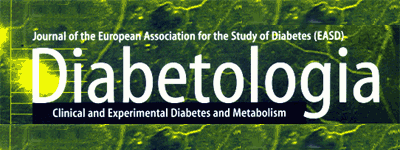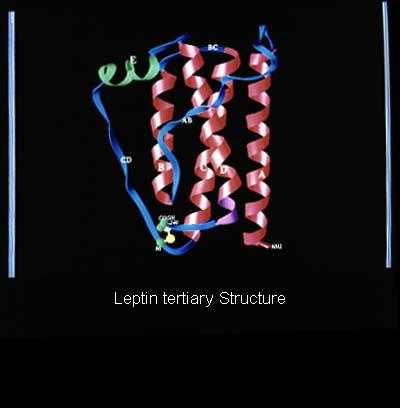 Plasma leptin and the risk of cardiovascular
disease in the West of Scotland Study Plasma leptin and the risk of cardiovascular
disease in the West of Scotland StudySattar N, McMahon AD, Packard CJ, Kelly A,
Shepherd J, Gaw A, Wallace AM on behalf of the WOSCOPS
Executive
Departments of pathological Biochemistry, (AMW, CJP, AK,
JS, NS), Clinical Trials Unit (AG) Royal Glasgow
Infirmary, Glasgow, G31 2ER and Robertson Centre for
Biostatistics (ADM) University of Glasgow, Glasgow G12
8QQ
|
| Results: Leptin was significantly higher
in cases than controls (mean ± SD of 5.87 ± 2.04 mg/l versus 5.04
± 2.09 mg/L, p<0.001). In univariate analysis, for
each 1 SD increase in leptin the relative risk (RR) of an
event increased by 1.25 [95% CI 1.10-1.3, p<0.0006].
There was minimal change in this RR with correction for
BMI -RR 1.24 [95% CI 1.06 to 1.45, p<0.0062] or with
further correction for traditional risk factors including
age, BMI, lipids, BP - RR 1.21 [95%CI 1.02 to 1.42,
p<0.02]. Leptin was correlated with CRP (r=0.24,
p<0.001) but even with this variable in the model,
leptin retained borderline significance as a predictor of
coronary events - RR 1.18 [95% CI 1.00 to 1.39, p=0.05]. |
 Plasma leptin and the risk of cardiovascular
disease in the West of Scotland Study
Plasma leptin and the risk of cardiovascular
disease in the West of Scotland Study
